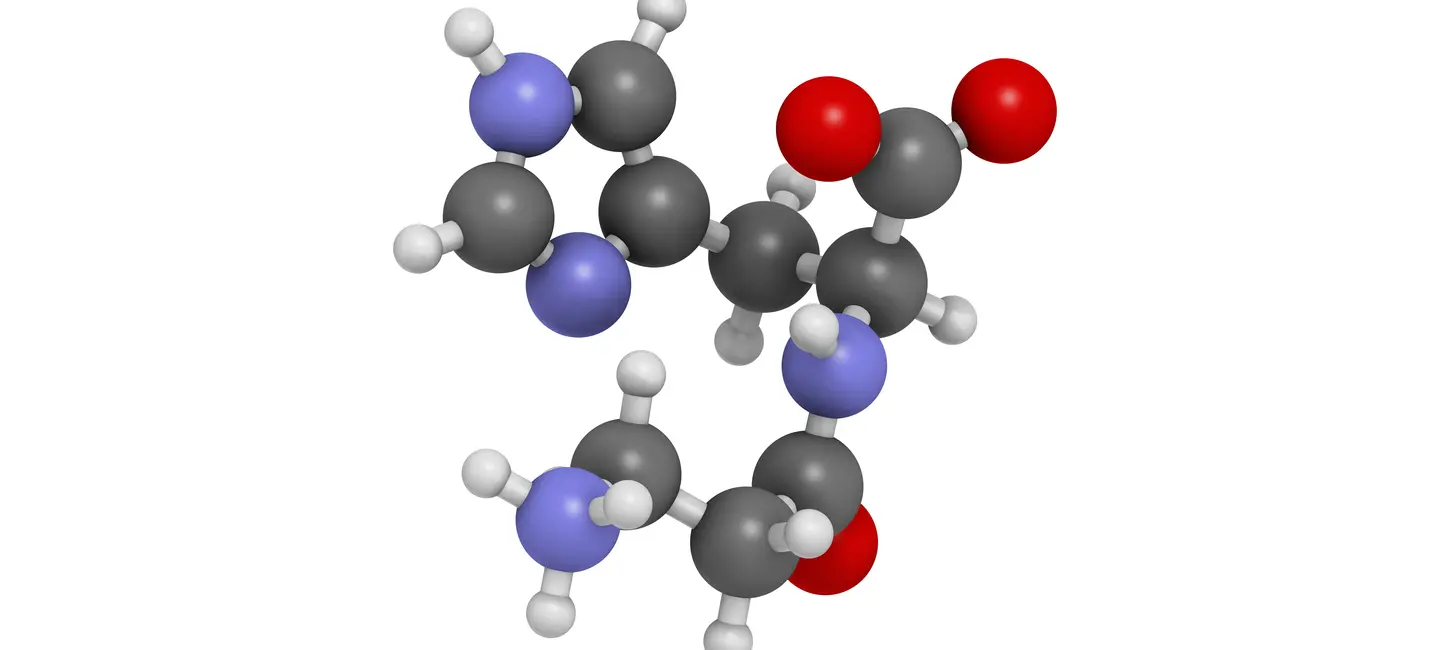
Carnosine is a protein building block that is naturally produced in the body. It is found in muscles, the heart, brain, and many other parts of the body.
Carnosine is important for many normal body functions. There's interest in using it to prevent aging because it seems to block certain chemicals that might play a role in the aging process. Carnosine levels in the body might also go down with age.
People use carnosine for aging, diabetes, autism, heart failure, depression, and many other conditions, but there is no good scientific evidence to support these uses.
Carnosine is also called L-carnosine. Don't confuse this with L-Carnitine. These are not the same.
Is It Effective?
NatMed Pro rates effectiveness based on scientific evidence according to the following scale: Effective, Likely Effective, Possibly Effective, Possibly Ineffective, Likely Ineffective, Ineffective, and Insufficient Evidence to Rate.
- Autism. Taking carnosine by mouth does not seem to improve symptoms of autism in children.
There is interest in using carnosine for a number of other purposes, but there isn't enough reliable information to say whether it might be helpful.
Is it Safe?
When taken by mouth: Carnosine is possibly safe. It's been used safely at doses of 200-1500 mg daily. It's usually well-tolerated.
When applied to the skin: There isn't enough reliable information to know if carnosine is safe or what the side effects might be.
Special Precautions & Warnings:
Pregnancy and breast-feeding: There isn't enough reliable information to know if carnosine is safe to use when pregnant or breast-feeding. Stay on the safe side and avoid use.
Surgery: Carnosine might affect blood sugar levels and might interfere with blood sugar control during and after surgery. Stop taking carnosine at least 2 weeks before a scheduled surgery.
Medications for diabetes (Antidiabetes drugs)
Interaction Rating=Moderate Be cautious with this combination.
Carnosine might lower blood sugar levels. Taking carnosine along with diabetes medications might cause blood sugar to drop too low. Monitor your blood sugar closely.
Herbs and supplements that might lower blood sugar: Carnosine might lower blood sugar. Taking it with other supplements with similar effects might lower blood sugar too much. Examples of supplements with this effect include aloe, bitter melon, cassia cinnamon, chromium, and prickly pear cactus.
There are no known interactions with foods.
Carnosine has most often been used by adults in doses of 500-2000 mg by mouth daily for up to 12 weeks. It's also been used in mouth lozenges and creams. Speak with a healthcare provider to find out what type of product and dose might be best for a specific condition.
Information on this website is for informational use only and is not intended to replace professional medical advice, diagnosis, or treatment. While evidence-based, it is not guaranteed to be error-free and is not intended to meet any particular user’s needs or requirements or to cover all possible uses, safety concerns, interactions, outcomes, or adverse effects. Always check with your doctor or other medical professional before making healthcare decisions (including taking any medication) and do not delay or disregard seeking medical advice or treatment based on any information displayed on this website.
© TRC Healthcare 2024. All rights reserved. Use and/or distribution is permitted only pursuant to a valid license or other permission from TRC Healthcare.
